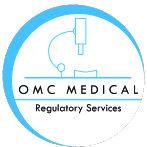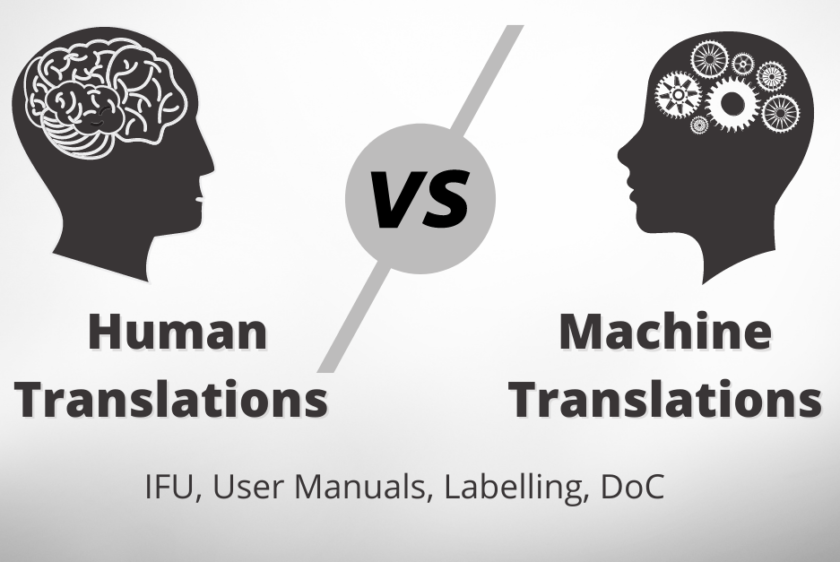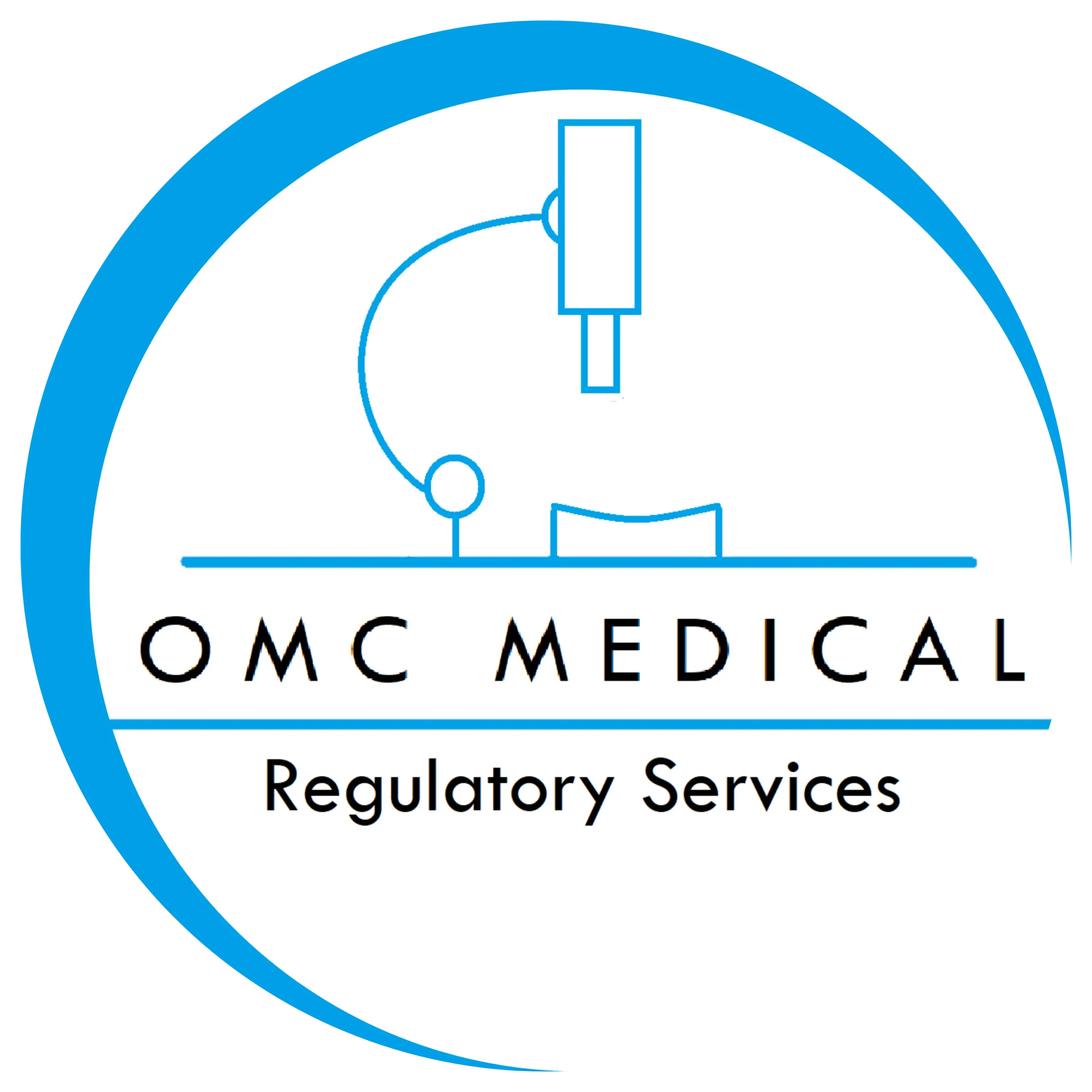Human translation
Human translations produce accurate results because it involves at least one language expert. Translations, with a human touch to them, are precise because of the in-depth knowledge that translators carry Human translations are done by native speakers of a particular language or people certified in language translations .
Therefore, it is culturally diverse, nuanced and is of high quality. However, this high-quality product is expensive.
Machine translation
Machine translations, on the other hand, are not expensive. In fact, search engines like Google have their own translation tools, namely Google Translate. The result is an instant but compromised product.
Machine translation utilizes Artificial Intelligence (AI) to translate. There are four main methods by which automated machine translation is made possible.
- Statistical Machine Translation
- Rule-based Machine Translation
- Neural Machine Translation, and
- Hybrid Machine Translation

All the above methods produce a translation at the snap of a finger. Although this is true, the translations could make no sense to the reader. This is where human translations remain unbeatable.
Reasons why Human translations are better than Machine translation.
Let’s compare the two.
Human translations are time-consuming, but it produces an output that is unmatched. Also, the translation of documents needs to be reviewed frequently which requires time and effort.
Machine translations produces a result instantaneously, but it cannot be reviewed or corrected as per preference. It produces an almost identical outcome because these translations are governed by laws set by programs and not human diligence.
Human translation is expensive. This is primarily due to the quality of the final output. Human translations have errors but compared to machine translations they are fewer. Machine translations are the cheaper alternative.
Lastly, certain documents need to be understood by people of different career backgrounds ranging from technicians (and or users) to stakeholders. Machine translation often provides a word-by-word exchange that may or may not make sense to the average reader.

Here’s an example to understand difference between Human and Machine translations better.
A common instruction found in the User manual is as follows.
EN: REMARK! Important Information: Please read carefully.
DE: Human translation: HINWEIS! Wichtige Information: Bitte sorgfältig durchlesen.
DE: Machine translation: ANMERKUNG! Wichtige Informationen: Bitte sorgfältig lesen.
The two translations have different choice of words. This impacts on not just one-line warnings but also long and crucial documents.
FAQs
Can technical documents of medical devices be translated using machine translations?
Technical documents, unlike other documents, require a high level of accuracy. This is not possible if only a machine translates it. Machine translations have errors that should be corrected with the help of a language expert.
Human translations, in contrast, yield more accurate results.
Will human translation be replaced by machines?
No, at least not yet. It is because each document that medical device manufacturers must deal with is different. An advanced level of understanding of a particular language is required.
This ranges from using the exact terminologies to the logical structure of a document. This is achieved when these documents are dealt with by humans. Artificial intelligence is getting advanced each day, but human involvement is still required.
When can Machine translation be used?
Machine translation, despite its flaws, can be used to understand the gist of an article written in a foreign language. In such applications, one need not rely on human translators as some Machine translations involve no cost.
For businesses trying to expand their market to other countries, it is best to use the service of a human translator. For day-to-day applications, cheaper alternatives may be employed.
Conclusion
Choosing the right type of translation service is important. The decision should be based on several factors like level of accuracy required, budget, end user and the area of application of the document.
(For translation services, mail us at info@omcmedical.co.uk
What is your take on this ? Which is better? Human or Machine translations? Let us know in comments).










